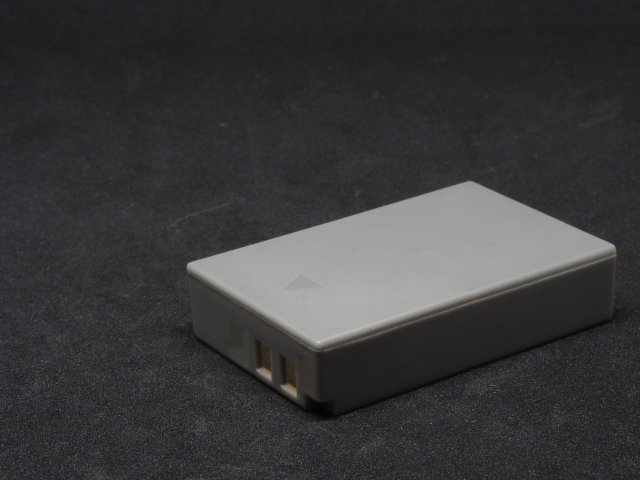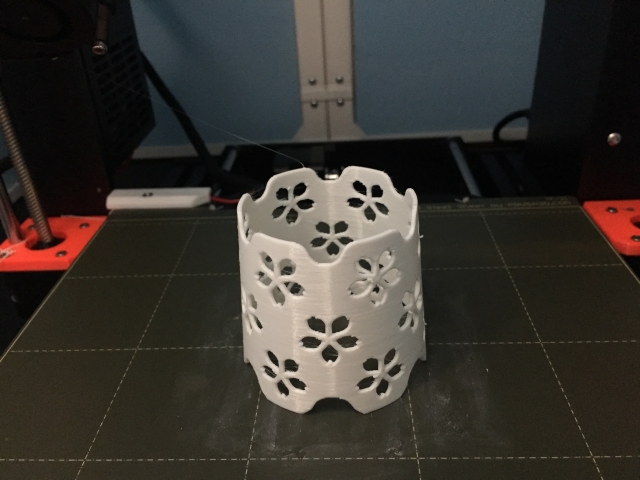ビジョン・プロは未知の領域でありながらも、あくまでもアップル製品である。
月曜日の午後、WWDCイベントのためにアップル本社を訪れた際、私はVision Proの「空間コンピューティング」ヘッドセットを試用することができました。このヘッドセットは、Appleが作り上げた没入感のあるハイエンドな体験で、私は驚かされることを期待していました。
このヘッドセットの価格を3,500ドルに設定したことで、アップルは、このデバイスに搭載できる技術や搭載できない技術について、痛みを伴う決断をする必要がなくなったのです。その結果、多くのプロセッサー、センサー、ディスプレイが搭載され、これまでのコンシューマーレベルのVR、AR、複合現実の製品を凌駕するものになりました。
しかし、私はVision Proが予想もしなかった「親しみやすさ」を提供してくれることにも気がつきました。iPhoneやiPad、Macとは大きく異なるものの、多くのアプリやサービス、そして包括的な感性を共有しているのです。これは、まだ存在しないにもかかわらず、すでに異質で不気味な世界として評判になっているメタバースに対するAppleの挑戦ではありません。机の上のコンピュータからポケットの中の電話、手首の時計まで、あらゆるものを網羅するプラットフォーム群の一部なのです。
このような統合された製品のポートフォリオを構築することにこれほど成功した企業は他にありませんが、この基本的な考え方は新しいものではありません。1990年代から今世紀初頭にかけて、マイクロソフトはWindowsで同様の戦略を試みました。アップルが後に参入する携帯電話、タブレット端末、時計などの市場と同じものを追求したこともあった。しかし、マイクロソフトはキーボードやマウスがないデバイスでもWindowsを使えるようにする方法を見いだせなかったため、この計画は長続きしなかった。
そして、グーグルがいる。同社もまた、コンピューティングの新しいフロンティアのすべてにおいてプレーヤーになりたいと考えている。しかし、同社はAndroidという世界で最も使われているモバイルオペレーティングシステムを持っていますが、その勢いを他のプラットフォームにまで拡大することに苦労しています。また、ヘッドセット事業については、アップルが参入する数年前に断念しています。
アップルの最大の強みは、連携して機能する体験を生み出すことであり、チップレベルから可能な限り包括的な責任を負うようになっています。だからといって、「HomePod」のような成功が約束されているわけではありませんが、ハイテク史上最も強力な競争力であると言えるかもしれません。
しかし、ある意味、ヘッドセットにおけるアップルの現在の競争は、ほとんど競争と呼べるものではありません。Vision Proの価格は3,500ドルで、Metaが発売する499ドルのQuest 3とはまったく別の次元の存在となります。
しかし、もしアップルが本気で空間コンピューティングに取り組むのであれば、いずれはもっと安い価格で製品を提供することになるでしょう。また、Appleが他の業界に与えた影響の歴史を見れば、Metaのデバイスは、時間の経過とともにAppleのアイデアをより多く取り入れるようになるかもしれません。いずれにせよ、両社の将来のヘッドセットは、より直接的にお互いを引き合うことになりそうです。
このことは、最近、ハードウェア・プラットフォームへの意欲を拡大するどころか、むしろ縮小しているMeta社にとっては悪いニュースかもしれない。(昨年秋には、ビデオスクリーン「Portal」を製造中止し、スマートウォッチ事業への参入を断念している)。現在でも、QuestヘッドセットがMetaとFacebookに関連していることが、固有の風評被害を背負わせる枷ではなく、むしろプラスになっていることは明らかではありません。また、Facebookの30億人のユーザーのうち、MetaのHorizonsの仮想世界に入ったのはごく一部である。新しい形のリアリティを追求する上で、世界最大のソーシャルネットワークを運営することは、戦略的にあまり有利ではないことが証明された。
Vision Proが発売されるまでは、アップルが勝者であると断言するつもりはない。しかし、初めてヘッドセットを装着して90秒で、その場にいるような感覚を覚えたという事実は、他社にはないメリットであり、その力を過小評価すべきではありません。
この記事は、Fast CompanyのPlugged Inニュースレターから配信されたものです。このニュースレターは、グローバル・テクノロジー・エディターのハリー・マクラッケンによるテクノロジーに関する洞察、ニュース、トレンドを毎週まとめて、毎週水曜日の朝にあなたの受信箱にお届けします。登録はこちらから。
他の記事
【面白動画】Apple Vision Proのご紹介
【英語学習】Appleはすでにヘッドセットのプラットフォーム戦争に勝利しているかもしれない
記事:Apple may have already won the headset platform wars
For all the ways in which the Vision Pro represents uncharted territory, it’s also an Apple product through and through.
On Monday afternoon, as part of my visit to Apple headquarters for its WWDC event, I got to try its Vision Pro “spatial computing” headset. I hoped to be wowed—and given the immersive, high-end experience the company has created, I was.
By pricing the headset at $3,500, Apple didn’t have to make painful decisions about which technologies it could or couldn’t afford to include in the device. The result calls on a bevy of processors, sensors, and displays to go beyond any consumer-level VR, AR, or mixed-reality product we’ve seen before.
But I also found that the Vision Pro offered something I hadn’t expected: comforting familiarity. For all the ways in which it’s wildly different from an iPhone, iPad, or Mac, it shares many of their apps and services, along with their overarching sensibility. This isn’t Apple’s take on the metaverse—a world that, even though it doesn’t exist yet, has already developed a reputation for being foreign and foreboding. Instead, it’s the Apple environment millions of people already know—part of a platform of platforms that already spans everything from the computers on people’s desks to the phones in their pockets to the watches on their wrists.
While no other company has been remotely as successful at assembling such a portfolio of integrated products, the basic idea isn’t new. Back in the 1990s and early years of this century, Microsoft tried a similar strategy with Windows. It even pursued some of the same markets Apple would later enter, such as phones, tablets, and watches. That plan didn’t find lasting success, though, in part because Microsoft never really figured out how to make Windows make sense on devices that lacked a keyboard and mouse.
Then there’s Google. It would also like to be a player on all of computing’s new frontiers. But though the company has the world’s most-used mobile operating system in Android, it’s had trouble extending that coup to additional platforms. It even gave up on the headset business years before Apple got around to entering it.
Apple’s greatest strength has turned out to be creating experiences that work well together, with the company increasingly taking on as much overarching responsibility as possible, starting at the chip level. That doesn’t guarantee success—can you say “HomePod?”—but it might be the most formidable competitive advantage in tech history.
In a way, though, Apple’s current competition in headsets barely counts as competition. At $3,500, the Vision Pro’s starting cost places it in an entirely different plane of existence than something like Meta’s upcoming $499 Quest 3. It’s possible that both products will succeed on their own terms, satisfying distinct groups of consumers.
Still, if Apple is serious about spatial computing, it will eventually offer products at less stratospheric prices. And if the history of Apple’s influence on the rest of the industry is any evidence, Meta’s devices may owe more and more debt to Apple’s ideas over time. One way or another, it seems likely that future headsets from the two companies will take each other on more directly.
That could be bad news for Meta, which has lately been curtailing its hardware-platform ambitions rather than expanding them. (Last fall, it discontinued its Portal video screen and decided not to get into the smartwatch business after all.) Even now, it’s not clear that the Quest headset’s association with Meta and Facebook is a plus rather than an albatross that burdens it with inherent reputational damage. And only an infinitesimal fraction of Facebook’s three billion users have made their way into Meta’s Horizons virtual world. When it comes to new forms of reality, operating the world’s biggest social network has not proven to offer much strategic advantage.
I’m not declaring Apple the winner of a race that can’t even start until Vision Pro goes on sale. But the fact that I felt at home in the headset within 90 seconds of slipping it on for the first time is a benefit no other company could offer—and we shouldn’t underestimate its power.
This story is from Fast Company’s Plugged In newsletter, a weekly roundup of tech insights, news, and trends from global technology editor Harry McCracken, delivered to your inbox every Wednesday morning. Sign up for it here.





